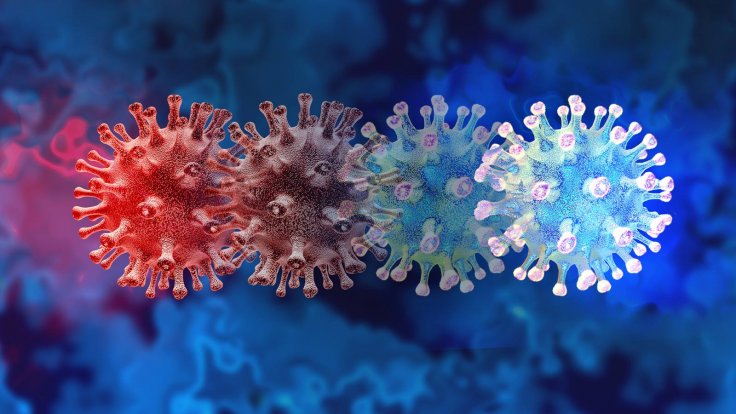Scientists worldwide have sounded the alarm over a newly discovered variant of Covid-19, expressing concerns about its potential to be more infectious and evade the immunity provided by vaccines.
In recent updates on respiratory viruses, the US Centres for Disease Control and Prevention (CDC) has raised alarms about two new variants, JN.1 and HV.1, expressing worries about their potential to dodge the immune system.

JN.1, a new variant closely linked to the BA.2.86 lineage, contains an extra spike mutation known as the L455S mutation. This particular mutation possesses immune-evasion properties, raising concerns among health experts.
Initially spotted in the US in September, JN.1 has also been identified in 11 other countries, including the UK, US, Iceland, Portugal, and Spain, as per the CDC's report. The CDC highlighted that almost all current viruses in the US belong to the XBB family, with JN.1 constituting less than 0.1% of SARS-CoV-2 viruses. Reassuringly, the CDC stated that the latest data suggests the updated COVID-19 vaccines can effectively protect against BA.2.86, with a similar anticipated effect against JN.1.
Concerns over Transmissibility
Experts expressed concerns regarding the transmissibility of JN.1 and its parent, BA.2.86, suggesting a potential higher transmissibility rate. However, they remain hopeful that the updated vaccine will provide protection against severe disease caused by JN.1.
Thomas Russo, a professor and chief of infectious diseases at the University at Buffalo in New York, told Prevention.com: "The updated vaccine is closer to JN.1 than our old vaccine. The hope is that, even if we see more cases with JN.1, the updated vaccine will protect against severe disease."
On the other hand, the CDC revealed that HV.1 emerged in mid-summer before a rapid increase in cases starting in September. Presently, the variant accounts for nearly 20% of all Covid-19 cases in the US.
Belonging to the Omicron XBB sub-variant, HV.1 descended from EG.5. Health experts confirmed that both JN.1 and HV.1 possess transmissible traits.
Highlighting the evolving nature of the virus, the CDC emphasized that as long as Covid-19 persists, new variants will continue to emerge. However, these variants typically represent relatively minor changes compared to previous ones.









